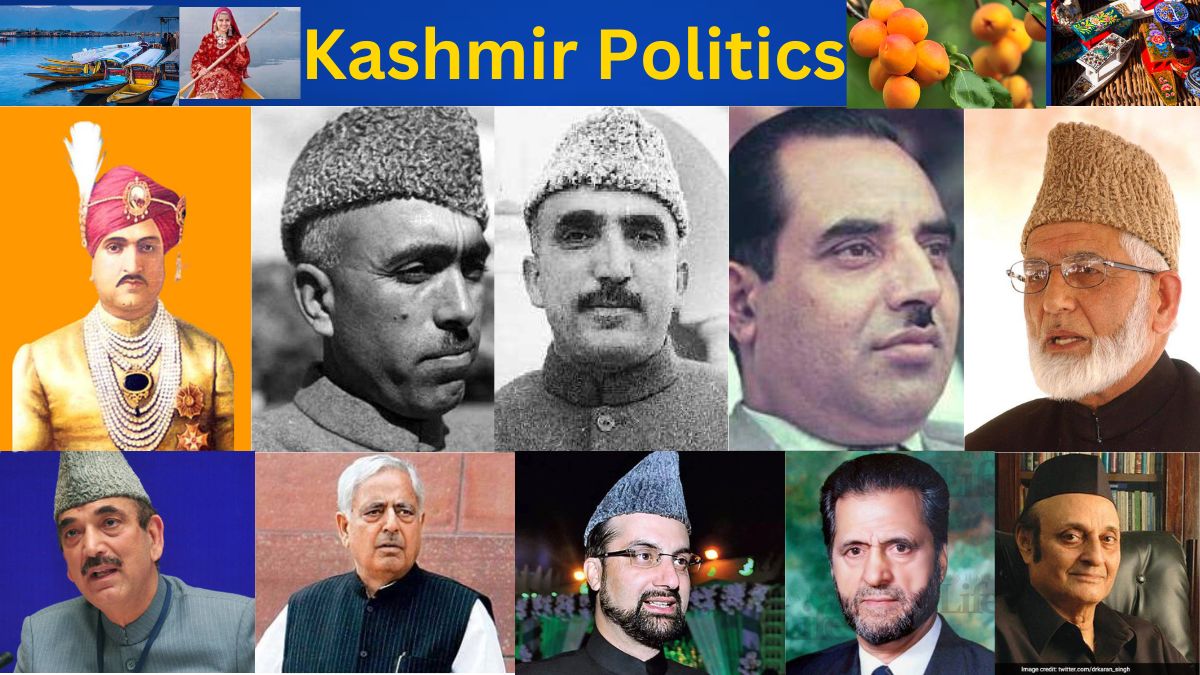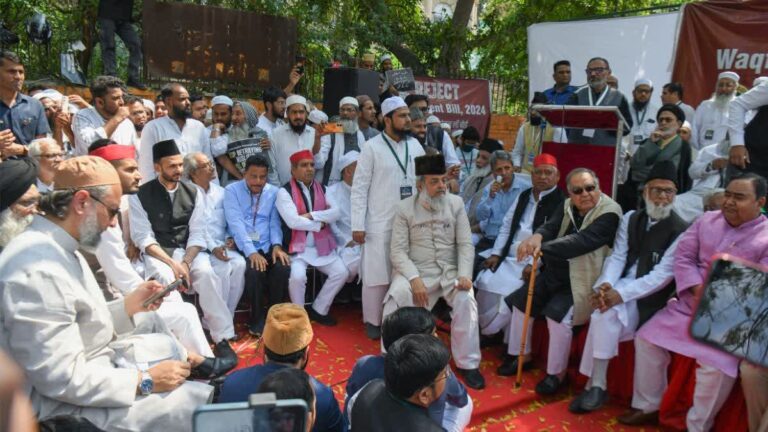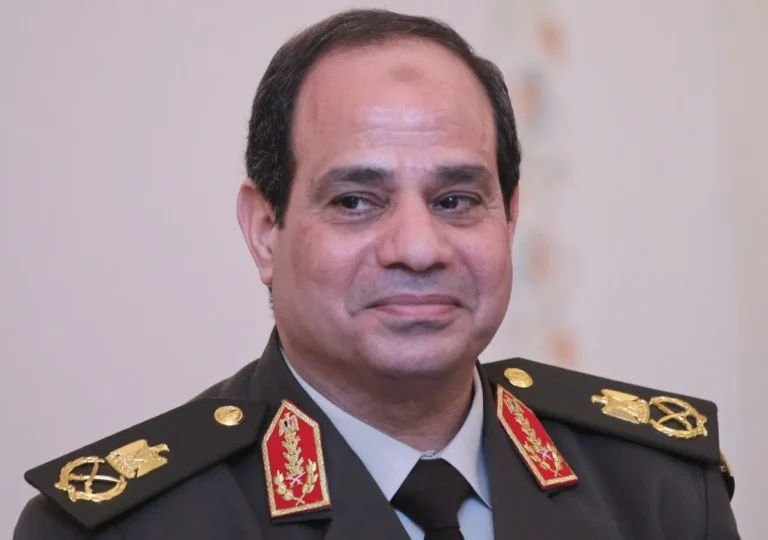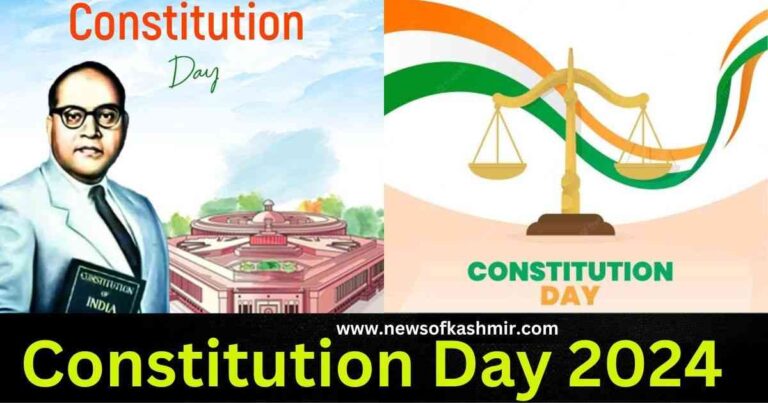Kashmir Politics From Mahraja Hari Singh To Syed Ali Geelani
The political landscape of Kashmir, an enchanting region in the northernmost part of the Indian subcontinent, is a captivating tapestry of culture, history, and diverse perspectives. With a rich and complex history that dates back centuries, Kashmir’s politics is a dynamic field that has evolved through time. This unique region, with its breathtaking landscapes and a multifaceted population, has its own set of challenges, aspirations, and political nuances that shape the local political discourse.
The political narrative of Kashmir extends beyond its picturesque scenery to encompass governance, cultural preservation, economic development, and regional dynamics. This introduction will provide an overview of the historical and contemporary aspects of Kashmir’s political landscape, exploring the various dimensions that contribute to its distinctive identity and political character. Without delving into the contentious sovereignty issues, we’ll uncover the intricacies of a region where politics is deeply intertwined with the aspirations and challenges of its people.
Maharaja Hari Singh, a prominent figure in the history of the princely state of Jammu and Kashmir, was born on September 23, 1895, in the royal family of Jammu. As the last ruling Maharaja of the princely state, Hari Singh played a crucial role during a period of significant political upheaval in the Indian subcontinent. His reign, which spanned from 1925 to 1947, witnessed the challenges of a changing political landscape as the Indian independence movement gained momentum.
Hari Singh ascended to the throne of Jammu and Kashmir at a time when the region was marked by diverse cultures, languages, and religious communities. His leadership was tested during the tumultuous times leading up to the partition of British India in 1947, when he faced the difficult decision of acceding to either India or Pakistan. The choices he made during this critical juncture had profound and lasting implications for the future of the region.
Beyond the political complexities, Maharaja Hari Singh was known for his contributions to the cultural and social development of Jammu and Kashmir. His legacy is a multifaceted one, reflecting the challenges and responsibilities of leading a princely state during a period of historic significance. This introduction merely scratches the surface of the life and times of Maharaja Hari Singh, a figure whose influence on the destiny of Jammu and Kashmir is indelible.
Bakshi Ghulam Mohammad, a prominent political figure in the post-independence era of India, was born on February 5, 1907, in the town of Rajouri, Jammu and Kashmir. He emerged as a key player in the political landscape of the region during a critical period marked by the integration of princely states into the newly formed Indian Union.
Bakshi Ghulam Mohammad’s political career gained momentum in the aftermath of Maharaja Hari Singh’s reign in Jammu and Kashmir. Serving as the Prime Minister of the state from 1953 to 1963, he navigated through the complex socio-political landscape, addressing the challenges of governance in a region with diverse ethnicities, languages, and religious communities. His tenure witnessed significant developments, including the establishment of the Constituent Assembly of Jammu and Kashmir, which played a crucial role in defining the political future of the state.
Known for his pragmatism and political acumen, Bakshi Ghulam Mohammad played a pivotal role in consolidating Jammu and Kashmir’s ties with the Indian Union. However, his political journey was not without controversy, as his leadership faced criticism and opposition from various quarters. Despite the challenges, Bakshi Ghulam Mohammad left an indelible mark on the political history of the region.
This introduction provides a glimpse into the life of Bakshi Ghulam Mohammad, shedding light on his contributions and the complex dynamics that characterized his tenure as a key political figure in the post-independence era of Jammu and Kashmir.
Sheikh Mohammad Abdullah, a towering figure in the political landscape of Jammu and Kashmir, was born on December 5, 1905, in Soura, a village near Srinagar. Fondly known as the “Lion of Kashmir,” Abdullah played a pivotal role in shaping the region’s destiny during a crucial period of transition and change.
As a charismatic leader and the founder of the Jammu & Kashmir National Conference, Sheikh Abdullah became the voice of the people, advocating for their rights and socio-economic development. His political journey saw him at the forefront of the struggle against the autocratic rule of the Maharaja in the princely state. Popularly known as the “Sher-e-Kashmir,” he spearheaded the demand for political autonomy and social justice.
Sheikh Abdullah’s influence extended beyond regional boundaries, engaging with national leaders and contributing to discussions on India’s political landscape. His leadership took a nuanced turn when he briefly held the position of Prime Minister of Jammu and Kashmir and later served as the Chief Minister.
The complex and multifaceted legacy of Sheikh Mohammad Abdullah is marked by his efforts to bridge cultural divides, empower the marginalized, and navigate the intricate socio-political dynamics of the region. This introduction only scratches the surface of the life and impact of a leader whose imprint on the history of Jammu and Kashmir remains indelible.
Abdul Gani Lone was a prominent political figure from Kashmir. Born on July 17, 1932, in the town of Kreeri in Baramulla district, Lone played a significant role in the political landscape of Jammu and Kashmir.
Abdul Gani Lone was associated with the Jammu & Kashmir People’s Conference, a political party that he co-founded in the late 1970s. He was known for his advocacy of political autonomy and his efforts to represent the aspirations of the people of Jammu and Kashmir on various platforms. Over the years, he engaged in dialogues with different stakeholders, seeking a peaceful resolution to the complex issues facing the region.
Lone’s political journey was marked by a commitment to dialogue and a belief in a peaceful resolution to the issues surrounding the region. Tragically, his life was cut short when he was assassinated on May 21, 2002, during a commemorative rally in Srinagar. His death was a significant event that had repercussions on the political landscape of Jammu and Kashmir.
It’s important to note that developments may have occurred since my last update, and for the latest and most accurate information about Abdul Gani Lone, I recommend checking recent and reliable sources.
Syed Ali Shah Geelani, a prominent political and religious figure, played a key role in shaping the political landscape of Jammu and Kashmir for several decades. Born on September 29, 1929, in the town of Zoorimunz, Gilgit-Baltistan, Geelani emerged as a steadfast advocate for the rights and self-determination of the people of Kashmir.
A prominent voice in Kashmiri politics, Geelani was associated with various political and religious movements throughout his life. He was a long-time member of the Jamaat-e-Islami and later became a prominent leader of the All Parties Hurriyat Conference, an amalgam of various separatist groups in the region. Geelani consistently called for the implementation of the United Nations resolutions on Kashmir and advocated for the right to self-determination for the people of the region.
Known for his uncompromising stance on the Kashmir issue, Syed Ali Shah Geelani faced various challenges and controversies during his political career. His advocacy for Kashmir’s independence or accession to Pakistan made him a polarizing figure, drawing both support and criticism.
Syed Ali Shah Geelani’s influence extended beyond political realms to include a significant religious following. His commitment to the Kashmir cause and his principled stand on the region’s political status have left a lasting impact on the complex and often contentious dynamics of Jammu and Kashmir.
You Might Also Like:
Annual Conference Held at Darul Uloom Noor-ul-Islam Tral Pulwama
Dastar Bandi Programme Organised at Jamia Masjid Chowgam by Darul Uloom Syed ul Mursaleen






